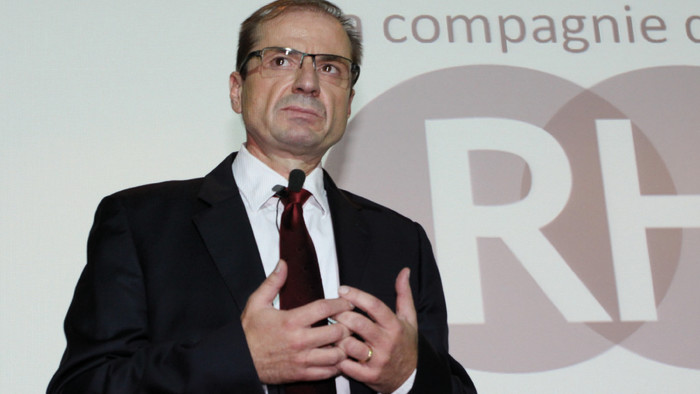Loïck Roche, Grenoble Business School

Simply sign up to the Business education myFT Digest -- delivered directly to your inbox.
Every week a business school professor, an expert in his or her field, defines a key term on FT Lexicon, our online economics, business and finance glossary.
Our professor this week
Loïck Roche is dean and director of Grenoble Ecole de Management (Grenoble Business School). Prof Roche is a graduate of Essec Business School where he gained a diploma, but he also holds two PhDs, one in psychology which he gained at Paris V University, and one in philosophy that he earned at Grenoble 2 University. Prof Roche holds a post doctorate degree (HDR accreditation to supervise research) in management sciences.
He began his career as a human resources and organisations consultant in 1988. In 1990, he founded a consulting firm in organisations and management. In 1995, he joined Grenoble Ecole de Management as a research faculty member. Since 1995, he also held the positions of management and technology department manager (1996-2000); faculty dean (2001-2009); associate dean for academics, research and faculty (2002-2012); associate director (2004-2012); director of the doctoral school (2006-2011); vice-dean (2011-2012). He has been dean and director of Grenoble Ecole de Management since the 1st July 2012,
Prof Roche is an expert in management; wellbeing at work and in performance of businesses. He is also the author or co-author of more than 30 books.
Prof Roche has chosen to define the term slow management.
Why understanding slow management is important
“Suffering at work and work-related stress are recognised globally,” says Prof Roche, adding that this suffering can lead to new illnesses, chronic fatigue, and can even end in suicide. The cause, he says, is the lack of recognition experienced by workers and a loss of meaning. These unsatisfactory circumstances can be attributed to management that is often too distant from the daily reality experienced by the workers. “Slow management is the best tool for leaders,” says Prof Roche. “It rebuilds direct human connections and offers strong signals in terms of recognition and meaning for each employee.”
To find out more about slow management, click on the linked terms.
Comments